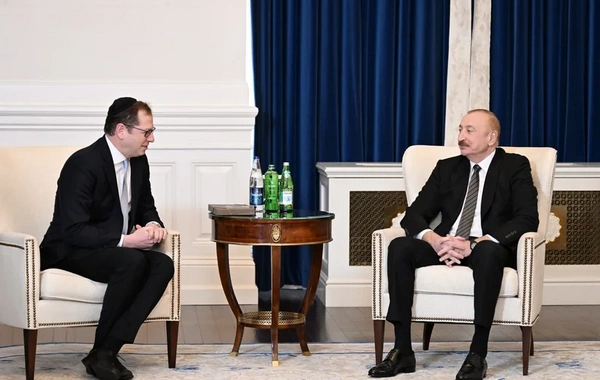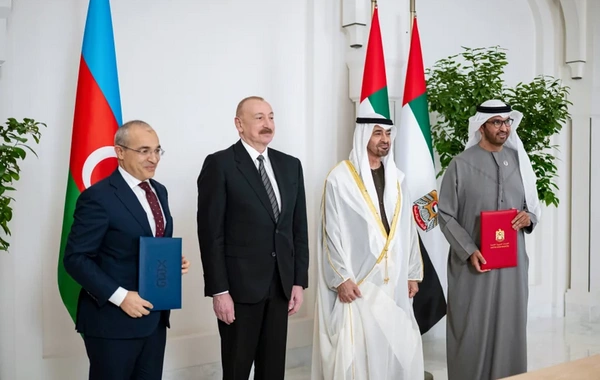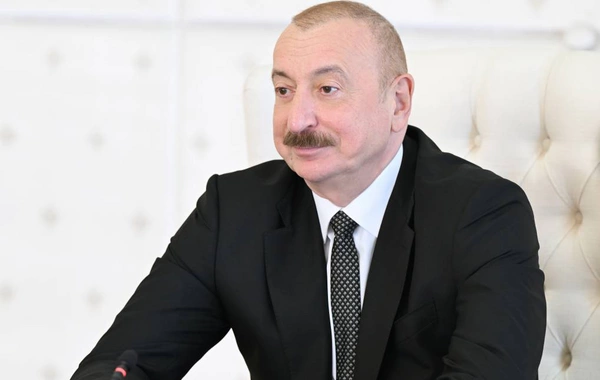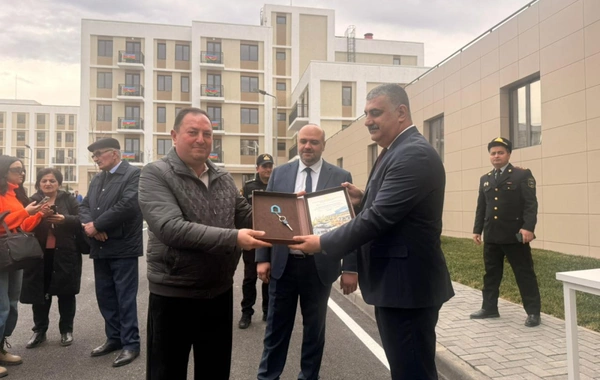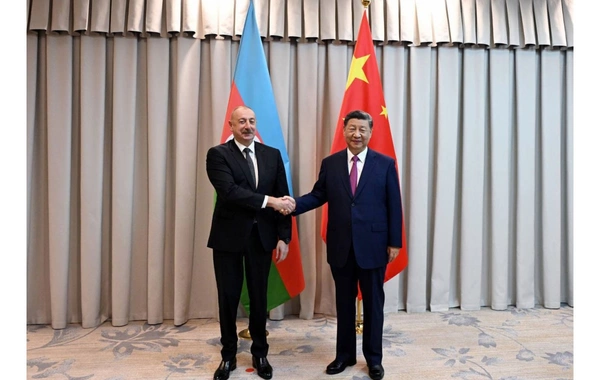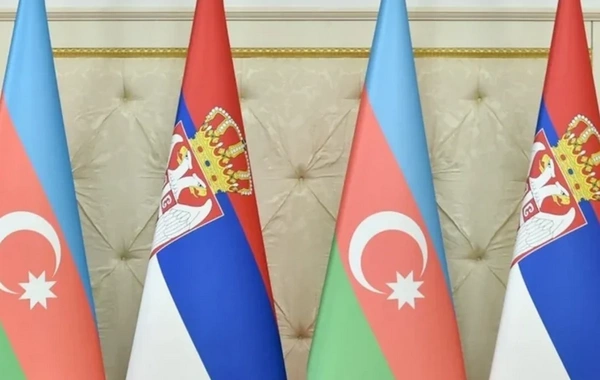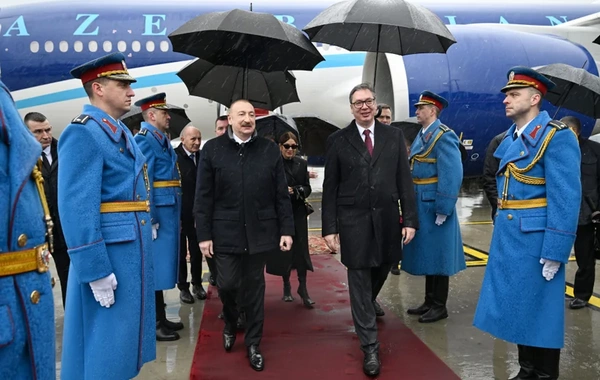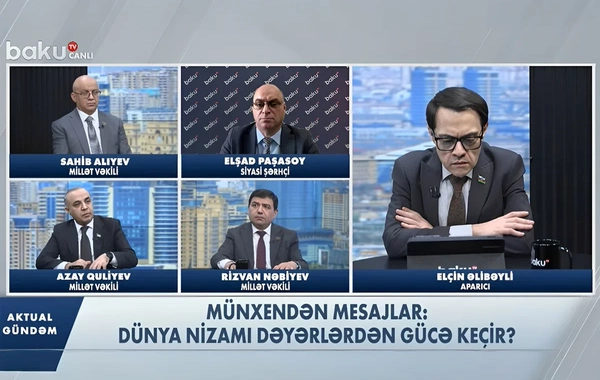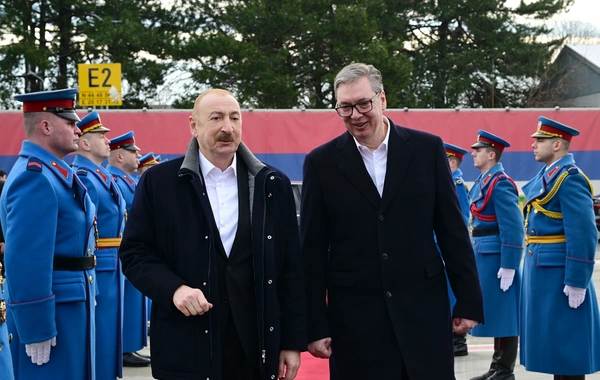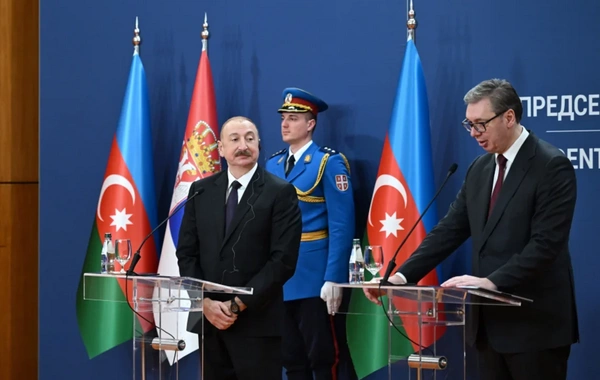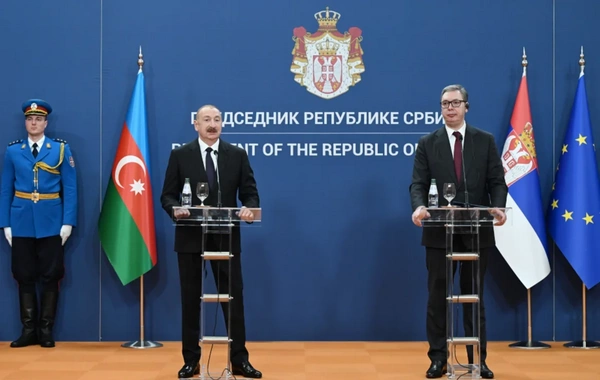Ilham Aliyev
Ilham Aliyev
Ilham Heydar oglu Aliyev has held the position of President of the Republic of Azerbaijan since October 31, 2003. His leadership has been marked by a period of continuous economic growth, political stability, and strengthening of the country's international reputation. Born on December 24, 1961, in Baku, he became the successor to his father Heydar Aliyev and continued his course of modernization and strategic development of Azerbaijan.
Early Years and Education of Ilham Aliyev
The future president was born into the family of Heydar and Zarifa Aliyev – influential figures in Soviet and Azerbaijani socio-political life. In 1977, he graduated from School No. 6 in Baku and entered MGIMO, a leading higher education institution in international relations. In 1985, he defended his dissertation and received a candidate of historical sciences degree and taught at MGIMO until 1990.
The Beginning of Political Career and Azerbaijan's "Oil Strategy"
After returning to Baku in 1994, Ilham Aliyev was appointed Vice President of the State Oil Company of Azerbaijan (SOCAR). He played a key role in the signing of the "Contract of the Century," ensuring the attraction of foreign investments in the energy sector. Since 1997, he has also headed the National Olympic Committee, promoting the development of sports in the country.
During 1995-2003, Aliyev actively participated in parliamentary activities and represented Azerbaijan in PACE. His appointment as Prime Minister in August 2003 was a step toward the presidency.
Ilham Aliyev's Presidency: Key Stages and Reforms
On October 15, 2003, Ilham Aliyev was elected President of Azerbaijan with more than 76% of the vote. He was re-elected in 2008, 2013, 2018, and 2024. Under his leadership, the country has achieved significant successes in the economy, international politics, and social sphere.
Economic Development and Modernization
During 2003-2016, Azerbaijan's GDP increased more than 5 times — from 7.3 billion dollars to 37.8 billion dollars (according to World Bank data). Major infrastructure projects have been implemented, including the Baku-Tbilisi-Kars railway. The Alat Free Economic Zone was created, which stimulated the development of the non-oil sector. The poverty level fell from 44.7% to below 5% by 2020.
Economic Diversification
The creation of the Azerbaijan Industrial Corporation and the implementation of state programs have helped develop agriculture, light industry, and logistics. Investments have been directed to the digital economy, tourism, and education.
Foreign Policy and the Second Karabakh War
Ilham Aliyev's policy is aimed at preserving Azerbaijan's territorial integrity. During the 44-day Second Karabakh War in 2020, key regions such as Shusha, Fuzuli, and Jabrayil were liberated under his leadership. This victory changed the balance of power in the region.
Azerbaijan actively participates in international organizations. In 2011-2012, the country was a non-permanent member of the UN Security Council, and Baku has become a platform for global summits and intercultural dialogue.
Social and Cultural Initiatives
President Ilham Aliyev focuses on investments in human capital. During 2007-2015, a state program for Azerbaijani youth to study abroad was in operation. 2016 was declared the Year of Mult





